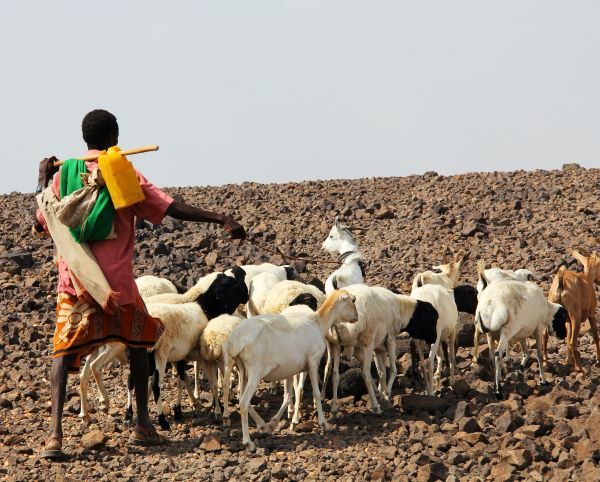
Sok Sotha (Cambodia), Arnold Puesh d’Alisac (France), Dave Velde (USA), Dr. Theo de Jager (South Africa), Katy Milne (New Zealand), Ezzar Abdelmajid (Tunisia) and Arianna Giuliodori (Secretary General of the WFO in Rome).
The United Nations Food and Agriculture Organisation (FAO) and the International Fund for Agricultural Development (IFAD), in collaboration with other relevant organisations linked to the United Nations (UN), are handling launch of the UN’s Decade of Family Farming in Rome, Italy, on 29 May 2019.
This proposal builds on the success of the international year of family farming launched in 2014, which has made many contributions to help achieve the UN’s sustainable development goals. One of the main objectives of the proposal is to bind several interested parties at an international level to enhance the position of family farmers by means of investments and the development and implementation of a favourable policy.
According to the IFAD, family farmers produce more than 80% of the world’s food and they manage 75% of all agricultural resources. Among other things, family farmers are essential for ensuring food security and anchoring communities and they are the most effective sector to reduce unemployment.
“The world is realising that family farmers are going to play an integral part in solving our most threatening problems. For this reason, this resolution for the Decade of Family Farming was adopted unanimously by the UN in October 2017 and it is now being implemented worldwide to give farmers the necessary support,” said Francois Rossouw, chief executive of Saai.
The official launch is preceded by two days of talks between organisations and interested parties, as well as discussions on the action plans for implementation of the initiative. Dr Theo de Jager, executive chairman of Saai and re-elected president of the World Farmers’ Organisation (WFO), will be one of the guest speakers on this occasion.
Rossouw, who is going to attend the launch of the initiative on behalf of Saai, lists the following challenges as the most important obstacles family farmers in South Africa are currently facing:
- Climate change and its effects, such as the continuing drought being experienced in large parts of our country;
- The still present threat of expropriation without compensation and the onslaught on private right of ownership;
- Farm murders and other crime; and
- Access to financing.
“It is extremely important for us that the challenges experienced by farmers in South Africa should be put on the international agenda at this forum. Family farmers in South Africa create wealth in rural towns and counteract large-scale migration to cities. Farmers not only ensure food security and economic stability in our own country but also are the lever for unlocking wealth for the rest of Africa through their expertise and ability,” Rossouw added.
If you identify yourself with the situation of family farmers in South Africa, add your mandate on our website. https://www.saai.org/en/saai-going-to-the-un-support-saais-prioritisation-of-the-family-farmer/








